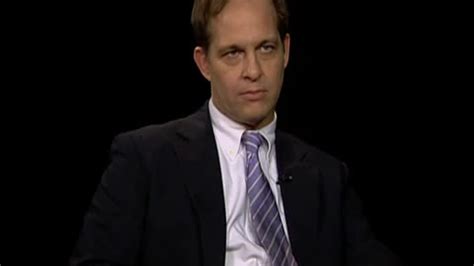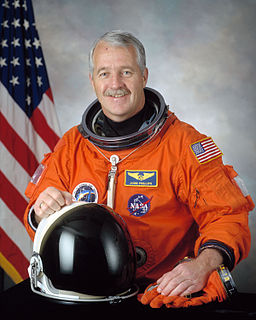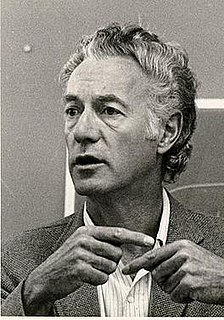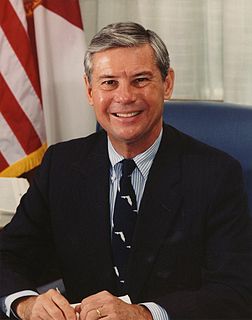A Quote by Barton Gellman
Pakistan has dozens of laboratories and production and storage sites scattered across the country. After developing warheads with highly enriched uranium, it has more recently tried to do the same with more-powerful and compact plutonium.
Related Quotes
Almost all of the governments have agreed that they will not acquire nuclear weapons and that they will allow the International Atomic Energy Agency to monitor their commercial and research nuclear power operations to ensure that nuclear materials - highly enriched uranium and plutonium - are not diverted to use in weapons.
I think - I think the real nightmare place now is less Afghanistan than it is Pakistan. I mean, again, Pakistan is this gigantic country, deeply troubled, kind of almost ungovernable, sitting on top of probably 50 or 60 nuclear warheads. Nobody really knows where the warheads are; the Americans certainly don't know where they are.
Some people in America feel that Pakistan is being nice to us, and that we should walk away fro mthem. But Pakistan is important to the region, to the world and to us, because Pakistan has 100 nuclear warheads and they're rushing to build a lot more. They'll have more than Great Britain sometime in the - in the relatively near future.
Unlike uranium, plutonium was created in an American lab in 1940, but scientists soon realized that it could produce even wilder chain reactions and even bigger explosions. In fact, fearing another country would create it, too, the American government went to great lengths to keep even the existence of plutonium a secret.
Uranium mining in northern Canada has left over 120 million tons of radioactive waste. This amount represents enough material to cover the Trans-Canada Highway two meters deep across the country. Present production of uranium waste from Saskatchewan alone occurs at the rate of over 1 million tons annually. Since 1975, hospitalization for cancer, birth defects and circulatory illnesses in that area have increased dramatically - between 123 and 600 percent in that region.
After my engagement with Muslim friends, I pray more than I used to pray. My prayer life has been enriched by my encounter with some Muslims, encouraged by their devotion and also enriched by the ways in which they pray. Have I compromised in this way at all? No, to the contrary, I've gone deeper in my faith and I think my love for God has been deepened and made more intelligent in a sense, more rich by that very encounter.
But when from a long-distant past nothing subsists, after the people are dead, after the things are broken and scattered, taste and smell alone, more fragile but more enduring, more unsubstantial, more persistent, more faithful, remain poised a long time, like souls, remembering, waiting, hoping, amid the ruins of all the rest; and bear unflinchingly, in the tiny and almost impalpable drop of their essence, the vast structure of recollection.
































